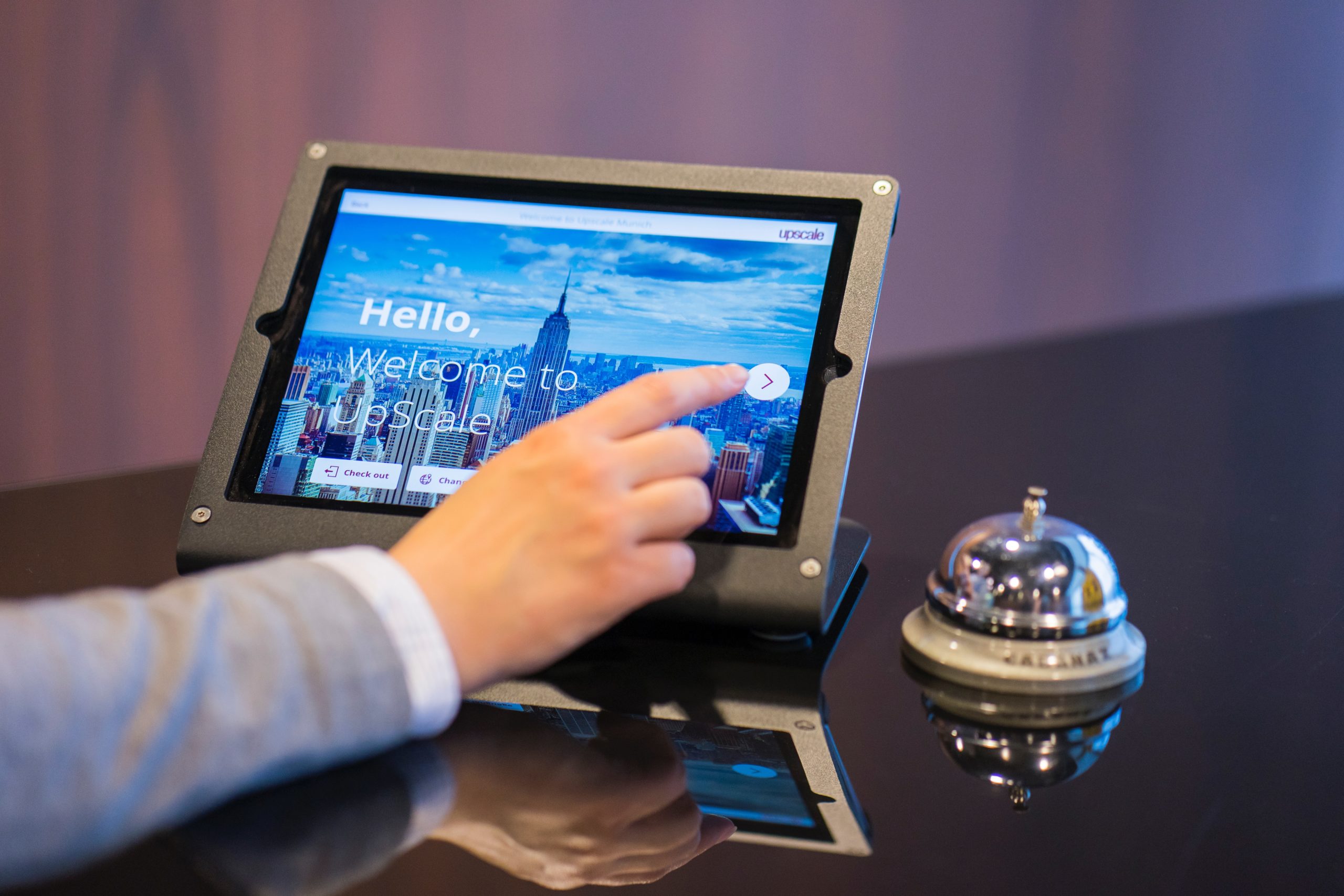Who says overbooking is a bad thing? After all, most hotels are dealing with a rise in last-minute cancellations, often within days or even hours of when a guest is expected to arrive. Meanwhile, they’re turning away guests under the assumption that those rooms are accounted for. As a result, hotels never reach full occupancy—and as a result, full revenue potential.
An overbooking strategy is based on the idea that hotels can book more rooms than are actually available, knowing that a certain percentage of those reservations will cancel. The challenge to successfully overbooking without negatively impacting guest satisfaction lies in determining how many rooms can be overbooked, and when.
Get Your Data in Order
The key capability in an overbooking strategy is being able to accurately predict how many guests will cancel (also known as wash) on a given night. Being accurate depends on collecting as much historical data as possible into one property management system (PMS). Managers can use the data to study historical booking trends, guest cancellation patterns and in-depth revenue forecasts. Then they can objectively estimate how many guests will cancel, leave early, stay longer or walk-in last minute. Without lots of historical and real-time data, any overbooking strategy is just a shot in the dark.
Cap the Overbookings
A few overbookings are advantageous, but too many can lead to a nightmare at the front desk. Make sure there is a way to cap your bookings across all channels once you’ve reached a certain threshold—ideally the booking engine can handle this. The business mix is also important to consider when deciding where to cap overbookings. For instance, a group of business travelers in town for a conference is unlikely to leave early, which means that early check-outs could be lower than normal.
Factor in the Cancellation Policy
Cancellation policies can range from as much as 24 hours in advance to as little as six. If hotels know a full day ahead of time how many rooms have suddenly become available they can begin selling them immediately. With only six hours of cushion, however, there is a lot less time to make adjustments. In that case, hotels should be more cautious about overbooking and err on the side of too few over too many. The more effectively hotels can predict last-minute cancellations based on data, the better, but it’s never a good idea to risk alienating guests.
Study the Market Forces
It’s important to factor in external influences that could impact typical cancellation rates. For instance, if there is a major event in town and most of the hotel rooms in the area are reserved, it will be more challenging to send guests elsewhere, so overbooking should be done more cautiously. The opposite is true if occupancy is low. As important as historical data is, no two nights on the hospitality calendar are exactly alike. Any factors that could positively or negatively impact bookings on a case-by-case basis need to be factored into the overarching overbooking strategy.
Prepare to Walk Guests
The reality with any overbooking strategy is that hotels will occasionally wind up turning guests away. It’s therefore important for each property to determine their threshold. Most industry guides suggest that if you are walking one or two guests per month (sending them to a different local hotel, generally at your own expense), your overbooking forecasts are working. It helps to have an established partnership with another hotel in the area so that when it does inevitably happen, a solution already exists. Whether that hotel offers discounted room rates or an exchange for the same courtesy in return, having partnerships in place enables both front desk teams to focus on making the experience easy and accommodating for the inconvenienced guest.
Here are a few tips on what to do when overbooking leads to walking a guest:
- Find the guest most likely to accept a transfer to another hotel. It could be someone who just arrived or someone with just one night left on their stay. Families and VIPs are usually off limits.
- Identify how overbooked the hotel is and who needs to be walked as early as possible. That way a guest is walked mid-afternoon instead of midnight. There’s a fine line between an inconvenience and a disaster in the mind of a paying guest.
- Be gracious while still keeping the bottom line in sight. For example, if someone had a $150 room reserved, it doesn’t make sense to transfer them to a hotel that charges $300 a night, unless that property is willing to take the hit.
It can take time to fine-tune an overbooking strategy, but the results don’t lie. The difference between 95% occupancy and 100% occupancy can have a huge impact on your bottom line over the course of an entire season or a full calendar year.
Don’t start overbooking without the right PMS in place. RoomKeyPMS makes it easy to collect, organize and analyze data to optimize every aspect of hotel operations—including overbooking. Contact our team to get the most from your property.
Photo Credits: Shutterstock / Africa Studio





